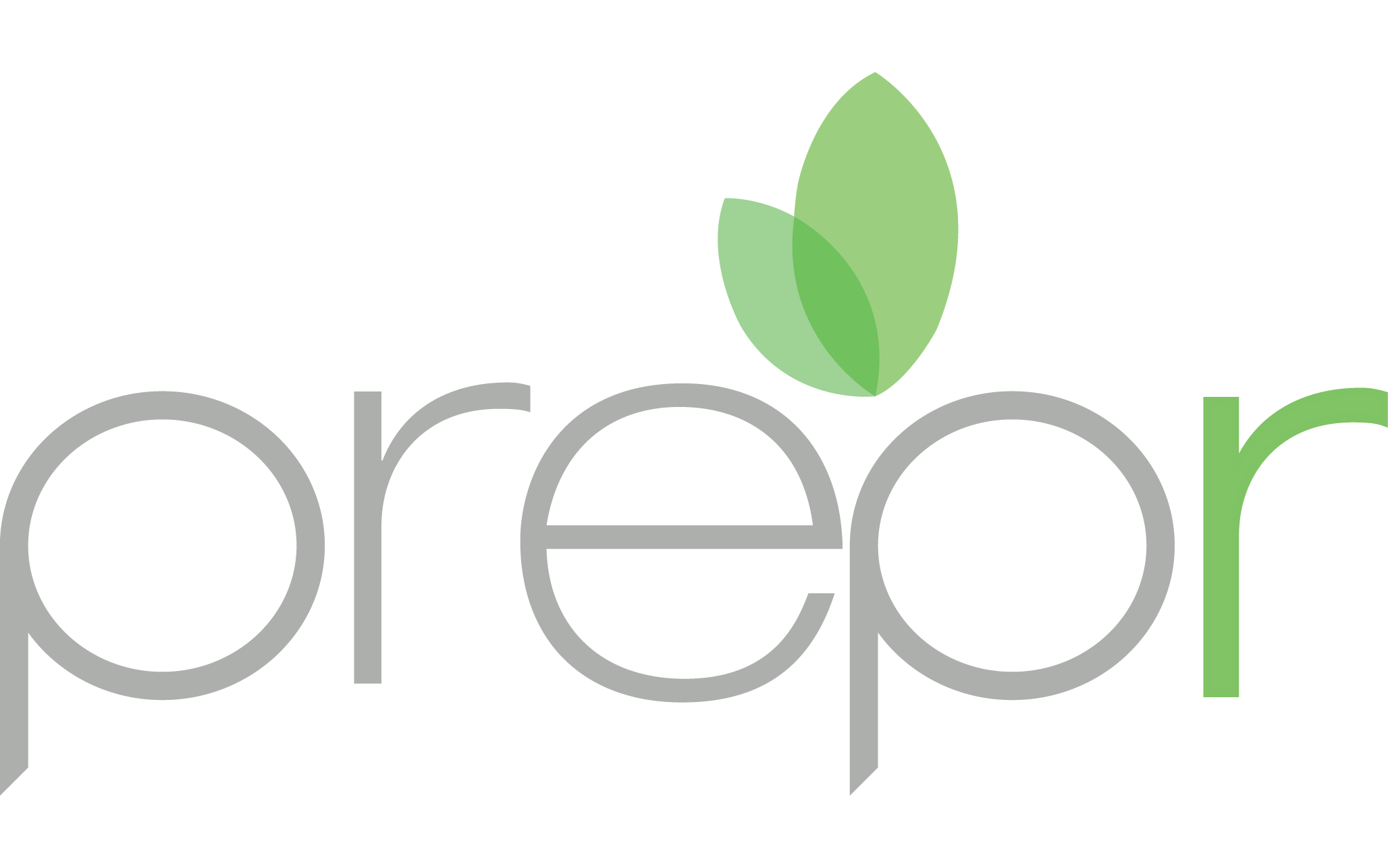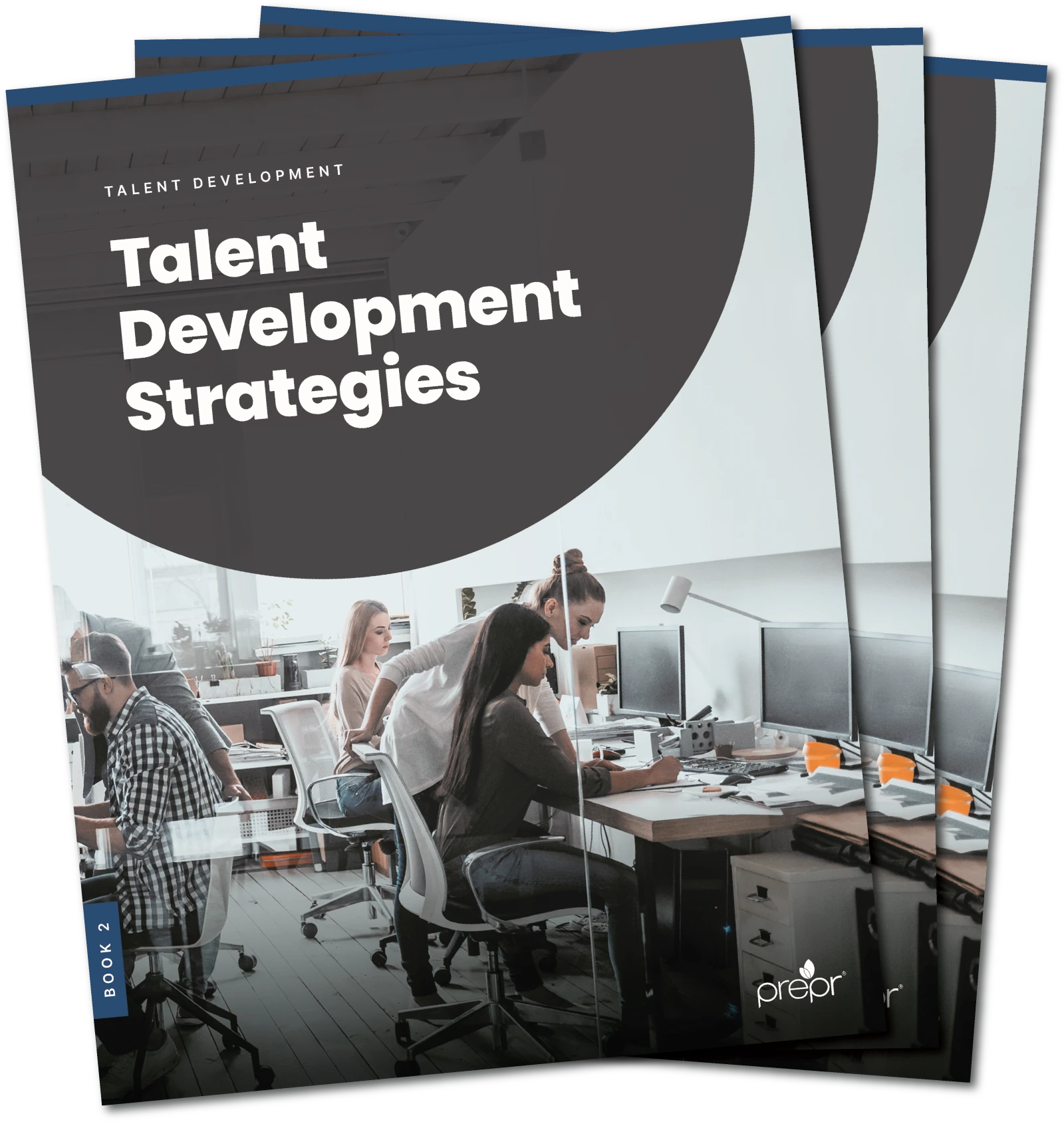18 May 10 Top Benefits of Internal Talent Development
Individual talent development, developing internal employees individually, has a host of benefits for the organization, the employer, and the employee alike.
This list, although non-comprehensive, highlights ten holistic benefits of individual talent development.
Here’s a quick breakdown that explains why employers should consider facilitating individual talent development.

1. Accessibility
Suppose the employer has the means to devote attention to each employee for individual development. In that case, the employer has the means to introduce a growth opportunity accessible to all.
Not only do employees receive individual attention, but they also are cared for with a personalized approach. When the employer considers each individual’s unique circumstances, they can make growth plans accessible to different learning styles, skill sets, and approaches.

2. Co-curricular innovation programs
The individual development plan is tailored to each individual employee, but it also allows the employer to tailor the plan in alignment with the company. This means creating a plan that values the company mission while valuing the individual’s goals.
In turn, the tailored development strengthens the individual’s role and identity within the unique organization. The employer has the opportunity to shape a unique and personalized plan for each employee that suits both their and the organization’s needs.

3. Flexibility
With the individual approach, the employee is not tied down to any workshops or other development activities set on specific dates and times. The employee has the freedom and flexibility to train on their own schedule.
For some employees, like those with busy schedules, this flexibility can make all the difference. Allowing them to make progress on their terms also gives them an added sense of responsibility and accountability for their development.

4. Employee’s professional identity
Individual employees are encouraged to discover, expand, and strengthen their professional identity when they proactively work on themselves.
Learning new skills and building confidence in themselves, employees also learn more about themselves throughout the process, strengthening their sense of self within the workplace.
Moreover, the employee expands their professional identity in the employer’s organization, incorporating the organizational values into their work mindset for present and future growth.

5. The strengthened bond between employer and employee
With their employer’s support inspiring them to grow and learn, the employee feels more valued in the company.
The employer-employee relationship is strengthened by the employer’s investment in the individual’s professional development and success.
A stronger bond can change an individual employee’s attitude towards the workplace as they feel more motivated and confident in reaching their career goals.

6. Staff retention
On the topic of employee-employer relationships, studies show that internal talent development increases rates of staff retention. Career professionals report increased employee engagement and loyalty to the company when employees are provided with growth opportunities.
Although some employers worry that they will develop employees only for them to quit for other job opportunities, studies show the opposite — some studies suggest that developing employees, and subsequently their loyalty, can lead to an increase in sales profits.

7. Increased productivity
Individual employees undergoing growth opportunities increase productivity for their organization. As the development plan increases their confidence and motivation to grow, while strengthening their connection with the organization and employer, the employee is likely to work harder, engage, and produce more.

8. Company reputation
Implementing a successful individual development program can improve the company’s external reputation, reflecting the company’s investment in employee success and valuing individual employees. Although this type of talent development is internal, it can certainly have an impact externally, giving the company a reputation for being a good employer, for example.

9. Mentorship
Individual development gives the employer an amazing opportunity to practice mentorship and leadership skills.
In a one-on-one meeting with the employee, the employer can demonstrate their care and support for the employee, guide them through the growth process, and motivate them further. In doing so, the employer also grows, strengthening their mentorship skills.

10. Growth
An apparent reason why individual talent development is beneficial is company growth: individual employee strength means that each employee brings unique strengths to the team at their full potential.
However, another aspect of growth is that the employer and their team can enjoy watching an employee blossom and succeed, which is rewarding for those involved in supporting their growth.
In Summary
Individual talent development provides diverse benefits for all involved — employee, employer, organization, and potentially supportive employees.
Employers who have the time and resources to introduce individual development plans into their workplace should carefully consider how these benefits can make an impact in their organization.
Want to learn more about talent development?
Learn how your organization can launch and run an effective talent development program, even in hybrid and remote workplaces. Our eBook gives the facts you need to get started.

